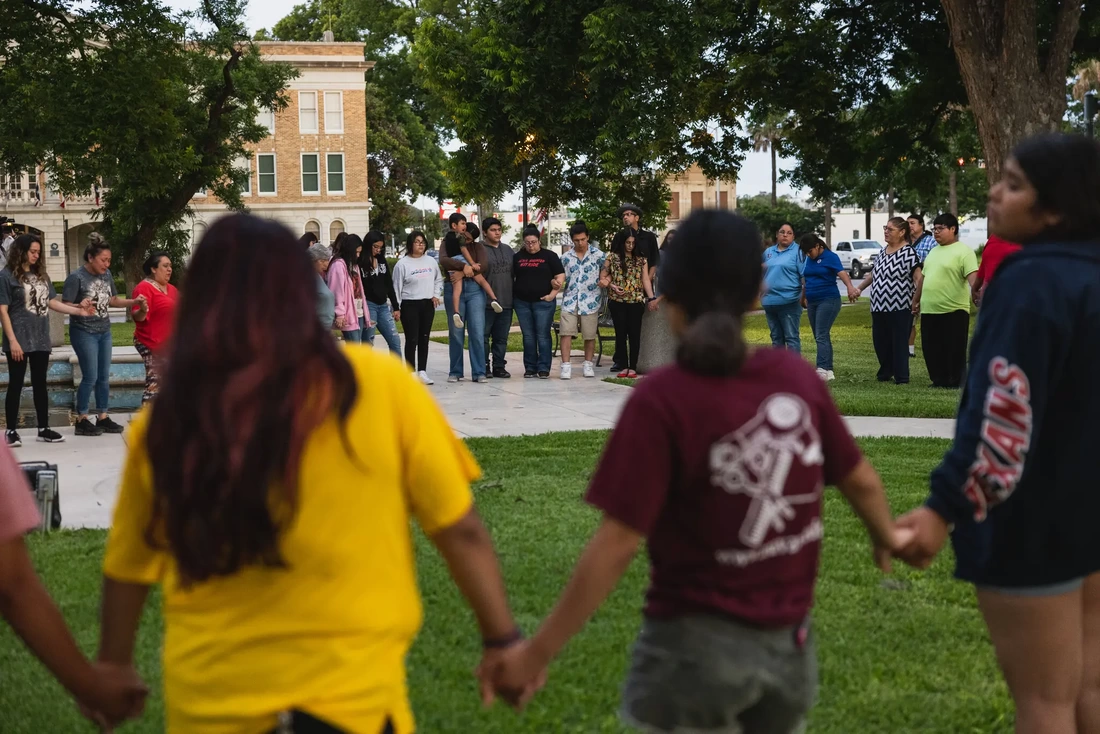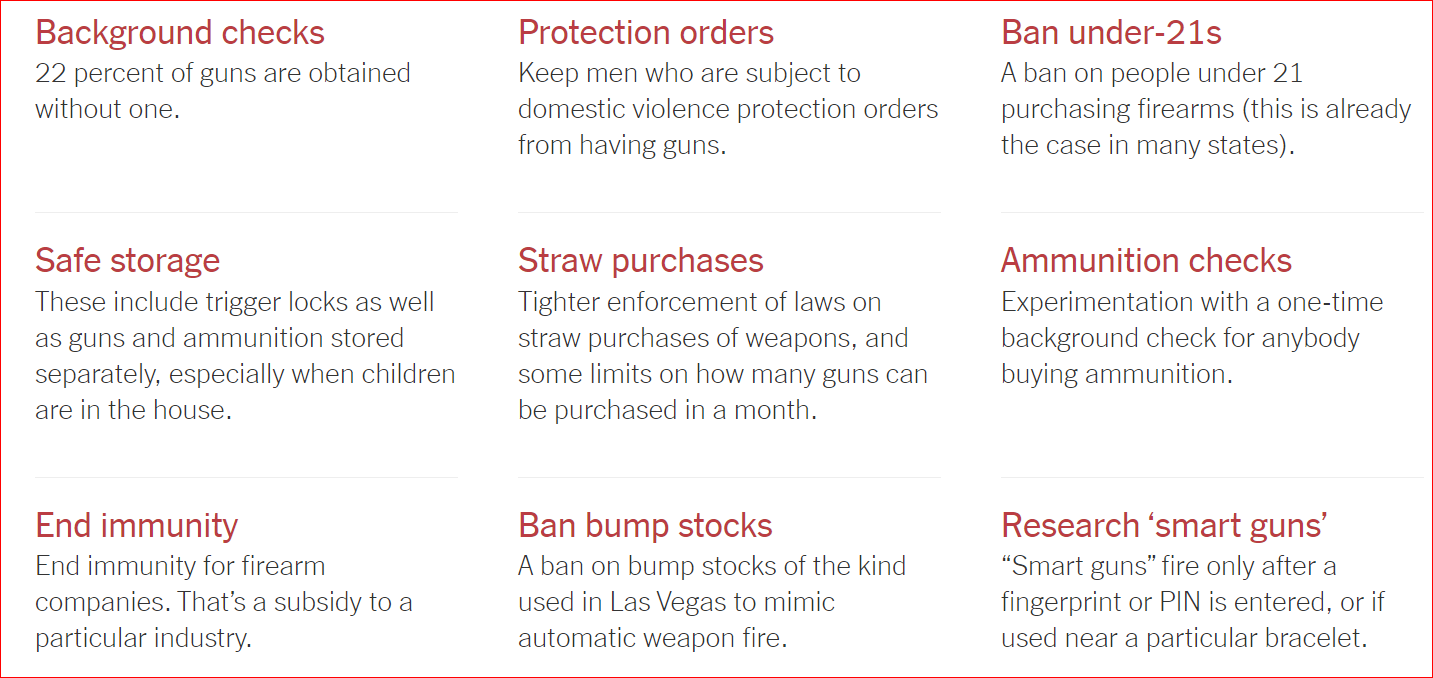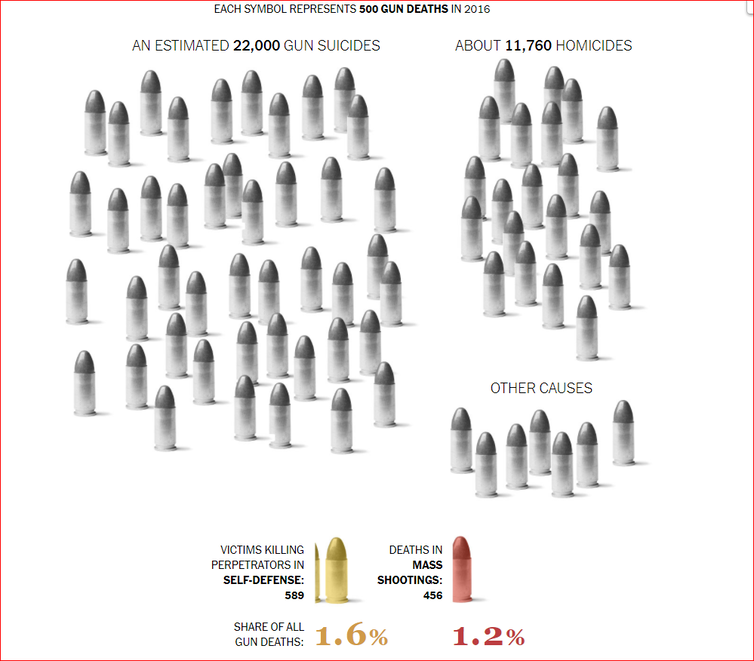After Mass Shootings
Empathy, Anger, Lamentation,
Historical Honesty, and Action
The repetition of horror numbs the mind: Only 11 days ago there was Buffalo, New York, with a man driven by racism gunning down 10 people at a supermarket. The next day another angry man walked into a Presbyterian church in Laguna Woods, California, and killed one person and wounded five others. And now, Uvalde, Texas — a repeat of what was once thought unfathomable: the killing of at least 19 elementary school children in second, third and fourth grades.
Thomas Fuller
Thomas Fuller
Like everyone else, open and relational (process) thinkers are shaken by recent mass killings in Buffalo, Laguna Woods, and Uvalde. We rightly respond, not with abstract considerations of how God is related to killing, but with empathy, lamentation, anger, collective repentance, and political action aimed at reducing gun violence. The needed wisdom is practical, not theological.
It is only later, in retrospect, that some might also ask more theological questions. Why does God let these things happen? Where is God, anyway? Here open and relational (process) theologians will predictably say:
For some people these ideas will be helpful. But they are blasphemous and best ignored if, in the immediacy of the killings, a consideration of such ideas directs attention away from the victims to God. God can take care of Godself. We need to take care of one another.
The key is to focus on the sixth idea: that God is within each of us as a call toward creative transformation. Toward what are we called? I think we are called toward five things: (1) empathy, (2) lamentation, (3) anger, (3) historical honesty, and, absolutely essential, (5) practical action.
The empathy is the heart of the matter. We need to hear the stories of those who suffer, share as best we can with them. They need to feel our listening, our caring, our companionship. In so doing we participate in the deep listening which is God, and which likewise shares in the suffering.
The lament and anger are as important as the empathy, and they take us beyond bland platitudes we might otherwise fall into. Rabbi Bradley Artson's poem on this page, following the shooting in Las Vegas five years ago, communicates the feelings anger and lamentation:
What is idolatry? Allowing the same sin to repeat again
And again and again. Worshiping the interpretation
Of the law so that killing is frequent,
Widespread, almost normal.
Aren’t we told to live by our faith?
Why does this lament never end?
Because we wring our hands,
offer yet more prayers,
succor the victims,
mouth bland platitudes,
The historical honesty is also important. We Americans need to understand that our very history is founded on violence, with guns as part of our collective psyche. This violence is sin, pure and simple, says John Cobb below: violence begets violence and guns beget guns. As Cobb explains, we must acknowledge and "turn around" or repent from our history, not pretending that we are diverging from a golden era of peace. No such era exists. For my part, I look for gun-owners who have the courage to give up their guns in a public way, for the sake of a more loving society. I yearn to see an "I Give Up My Guns Movement" in America, for God's sake.
And, of course, the practical action is important. Nicholas Kristoff of the NY Times offers nine steps we can take as a society. It is tempting to think that the action comes first, but I think the five responses occur together, with persistence, for however long it takes.
Jay McDaniel: 5/25/2022
It is only later, in retrospect, that some might also ask more theological questions. Why does God let these things happen? Where is God, anyway? Here open and relational (process) theologians will predictably say:
- God did not cause the killings, nor were the killings part of a pre-conceived divine plan. Things could have been otherwise, even for God.
- God could not stop the killings. Even God cannot stop speeding bullets. God's power is persuasive not coercive.
- The suffering of each and all is shared by God; the bullets tore into God's flesh, too; the world is God's body.
- The journeys of each and all continue after death; a violent end is not the whole story.
- God is within each and all of us as a lure to creative transformation.
For some people these ideas will be helpful. But they are blasphemous and best ignored if, in the immediacy of the killings, a consideration of such ideas directs attention away from the victims to God. God can take care of Godself. We need to take care of one another.
The key is to focus on the sixth idea: that God is within each of us as a call toward creative transformation. Toward what are we called? I think we are called toward five things: (1) empathy, (2) lamentation, (3) anger, (3) historical honesty, and, absolutely essential, (5) practical action.
The empathy is the heart of the matter. We need to hear the stories of those who suffer, share as best we can with them. They need to feel our listening, our caring, our companionship. In so doing we participate in the deep listening which is God, and which likewise shares in the suffering.
The lament and anger are as important as the empathy, and they take us beyond bland platitudes we might otherwise fall into. Rabbi Bradley Artson's poem on this page, following the shooting in Las Vegas five years ago, communicates the feelings anger and lamentation:
What is idolatry? Allowing the same sin to repeat again
And again and again. Worshiping the interpretation
Of the law so that killing is frequent,
Widespread, almost normal.
Aren’t we told to live by our faith?
Why does this lament never end?
Because we wring our hands,
offer yet more prayers,
succor the victims,
mouth bland platitudes,
The historical honesty is also important. We Americans need to understand that our very history is founded on violence, with guns as part of our collective psyche. This violence is sin, pure and simple, says John Cobb below: violence begets violence and guns beget guns. As Cobb explains, we must acknowledge and "turn around" or repent from our history, not pretending that we are diverging from a golden era of peace. No such era exists. For my part, I look for gun-owners who have the courage to give up their guns in a public way, for the sake of a more loving society. I yearn to see an "I Give Up My Guns Movement" in America, for God's sake.
And, of course, the practical action is important. Nicholas Kristoff of the NY Times offers nine steps we can take as a society. It is tempting to think that the action comes first, but I think the five responses occur together, with persistence, for however long it takes.
Jay McDaniel: 5/25/2022







